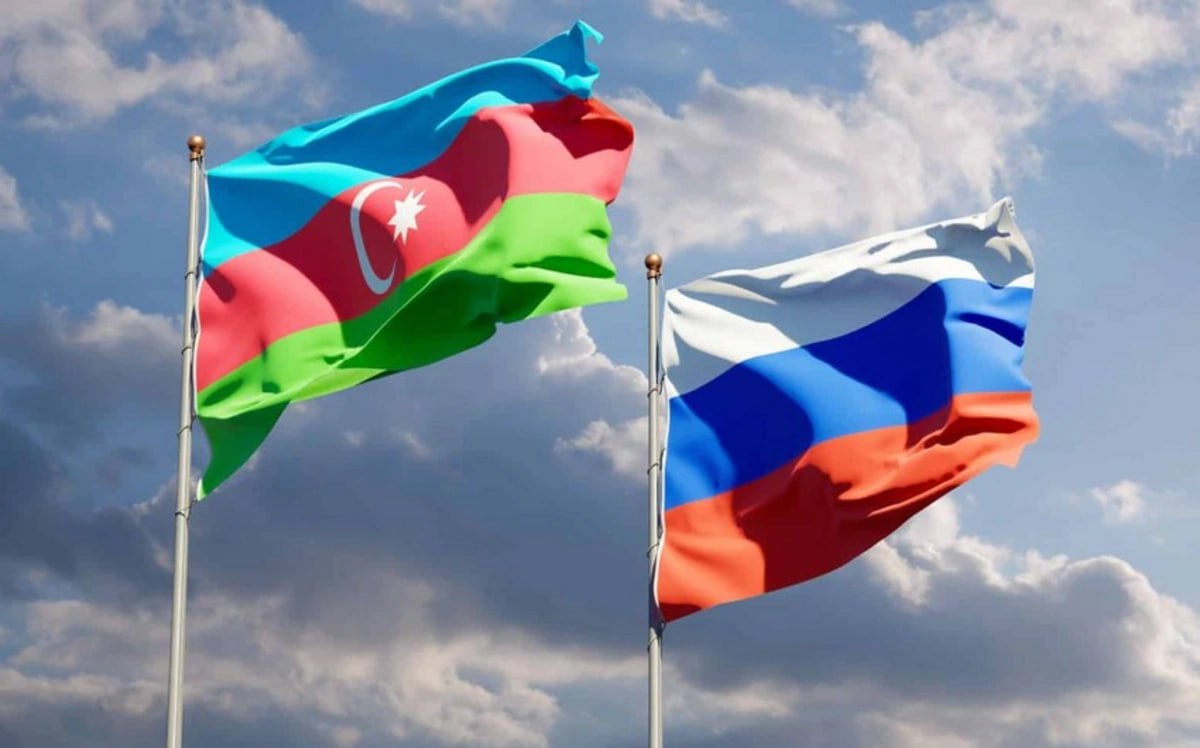Can Azerbaijan impose economic sanctions on Russia? View from Baku
Could Azerbaijan impose sanctions on Russia
The ongoing political tension between Azerbaijan and Russia is escalating with mutual economic threats, a trend reflected in the pro-government media of both countries.
Although Azerbaijani President Ilham Aliyev reaffirmed the North-South transport corridor agreement with Russia on 11 February, discussions in state-run AzTV and other government-aligned Azerbaijani outlets have touched on the possibility of Baku imposing economic sanctions on Moscow.
However, neither side has made any official statements regarding economic sanctions so far.
- Azerbaijan: Turan halts operations, authorities require significant staff cuts at BBC and Russian Sputnik
- Azerbaijan sees 26 more political prisoners in two months
- ‘Sanctioned goods will be transported to Russia via Sukhumi airport’ – Georgian expert’s opinion
How realistic are Azerbaijani sanctions against Russia? could this step backfire?
In an interview with BBC, economist Elchin Rashid stated that he does not believe Azerbaijan would impose economic sanctions on Russia.
He argues that such a move could harm Azerbaijan more than Russia, given the economic interdependence between the two countries.
“Up to 90% of Azerbaijan’s agricultural exports go to Russia. At the same time, Azerbaijan imports certain goods from Russia, such as grain. Russia is Azerbaijan’s largest partner in transport logistics. Every third tourist visiting Azerbaijan comes from Russia, and Russian citizens are actively purchasing real estate in the country,” Rashid explained.
ccording to statistical data, Russia remains the largest market for Azerbaijan’s non-oil sector, which Baku is actively seeking to develop.
Economist Elchin Rashid warns that if Azerbaijan were to impose sanctions on Russia, the country’s agriculture sector could face serious decline.
“Such a move would devastate Azerbaijani agriculture. As you know, large refrigeration units have been installed in some regions to store agricultural products. These products, often grown by ordinary villagers, are kept in these facilities before being transported by truck to Russia,” Rashid explained.
He pointed out that, beyond large state-owned companies, small farmers and individual villagers also play a role in supplying agricultural goods to Russia.
The analyst believes that sanctions would reduce exports, cutting off many rural producers from their main market.
“This means that sanctions against Russia would have not only economic consequences for Azerbaijan but also serious social repercussions,” Rashid stated.
He also emphasized that the lack of alternative markets for Azerbaijani agricultural exports has made the country heavily dependent on Russia in this sector.
Economist Elchin Rashid stated that if Azerbaijan were to impose sanctions, Russia would not leave them unanswered.
According to him, Russia is not just Azerbaijan’s main export market but also a key supplier of essential goods and raw materials.
“For example, fertilizers, grain, and many products used in industrial production,” he noted.
Rashid believes that sanctions against Russia would also lead to a rise in grain prices, affecting the cost of bread—one of Azerbaijan’s staple consumer goods.
The economist also doubts that Baku would join Western sanctions against Russia, arguing that such a move could create both political and economic risks for Azerbaijan.
Given these factors, Rashid believes that Azerbaijan would only impose symbolic sanctions on Russia, likely targeting individual Russian citizens rather than the state itself.




















